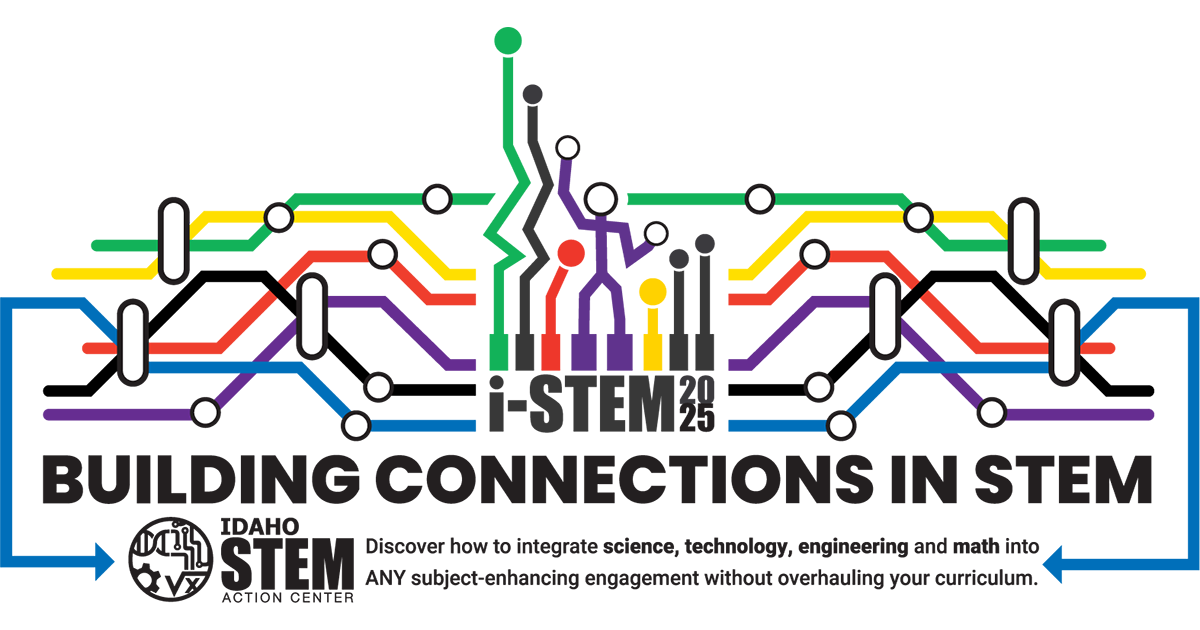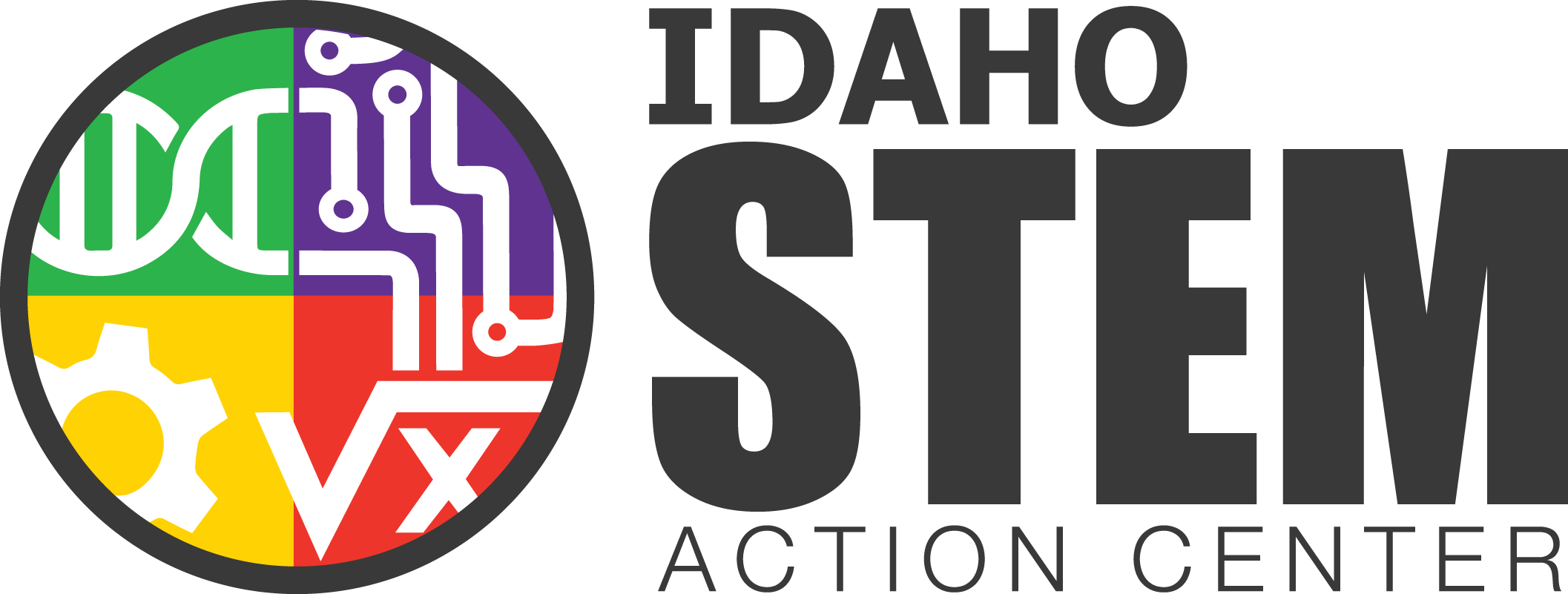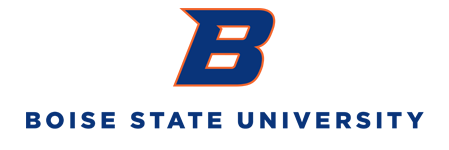i-STEM at Lewis-Clark State College
What is i-STEM?
i-STEM is a dynamic, 4-day summer professional development program for PK-12 educators in both classroom and informal settings. Focused on project-based, hands-on learning, i-STEM equips educators with practical tools and strategies to integrate STEM effectively into their teaching.
i-STEM 2025 Theme: Building connections in STEM

Discover how to integrate science, technology, engineering and math skills into ANY subject-enhancing engagement for students without overhauling your curriculum.
2026 Workshops: Lewis-Clark State College
i-STEM takes place at 6 locations throughout Idaho.
Each location features a unique lineup of workshops, or strands, tailored to the region.
As a participant in i-STEM you will walk away with materials to take back to your classroom to support what you learn. Check out the kits with each strand offering to see what you can implement this next school year.
i-STEM has travel and lodging stipends available!
Idaho STEM Action Center, through our partnership with Boise State University, is able to support travel to your closest location. All travel support must be in alignment with Idaho state travel policy. Please reach out to Idaho STEM Action Center at istem@stem.idaho.gov.
2026 i-STEM PD Credits
Credit Registration Deadline: July 31, 2026
Transcript Date: Summer 2026
Credit registration links will be sent to participants upon completion.
For assistance, contact Extended Studies Customer Service at (208) 426-1709 or ExtendedStudies@boisestate.edu
Status: Closed
Location
Lewis-Clark State College
Sacajawea Hall
500 8th Ave
Lewiston, ID 83501
Map and Directions
Application key dates:
Open: February 2, 2026
Close: March 13, 2026
Confirmed: TBD
Eligible Applicants: All Idaho educators, formal and informal
Fees:
$50 public/non-profit educators
$1,000 private, homeschool, and parochial schools
A 25% discount can be applied for group registrations. This discounted rate will be applied to your purchase once the group purchase has been completed and finalized. The reimbursement will automatically go into effect after the transaction is processed.
PD credit available? Yes
Organized in collaboration with:
i-STEM Institute Locations and Dates
College of Southern Idaho
June 8-11, 2026
Boise State University
June 9-12, 2026
College of Eastern Idaho
June 9-12, 2026
Idaho State University
June 15-18, 2026
Lewis-Clark State College
June 15-18, 2026
North Idaho College
June 16-19, 2026
Questions? Email istem@stem.idaho.gov
2026 i-STEM Keynote Speaker

Speaker coming soon!



